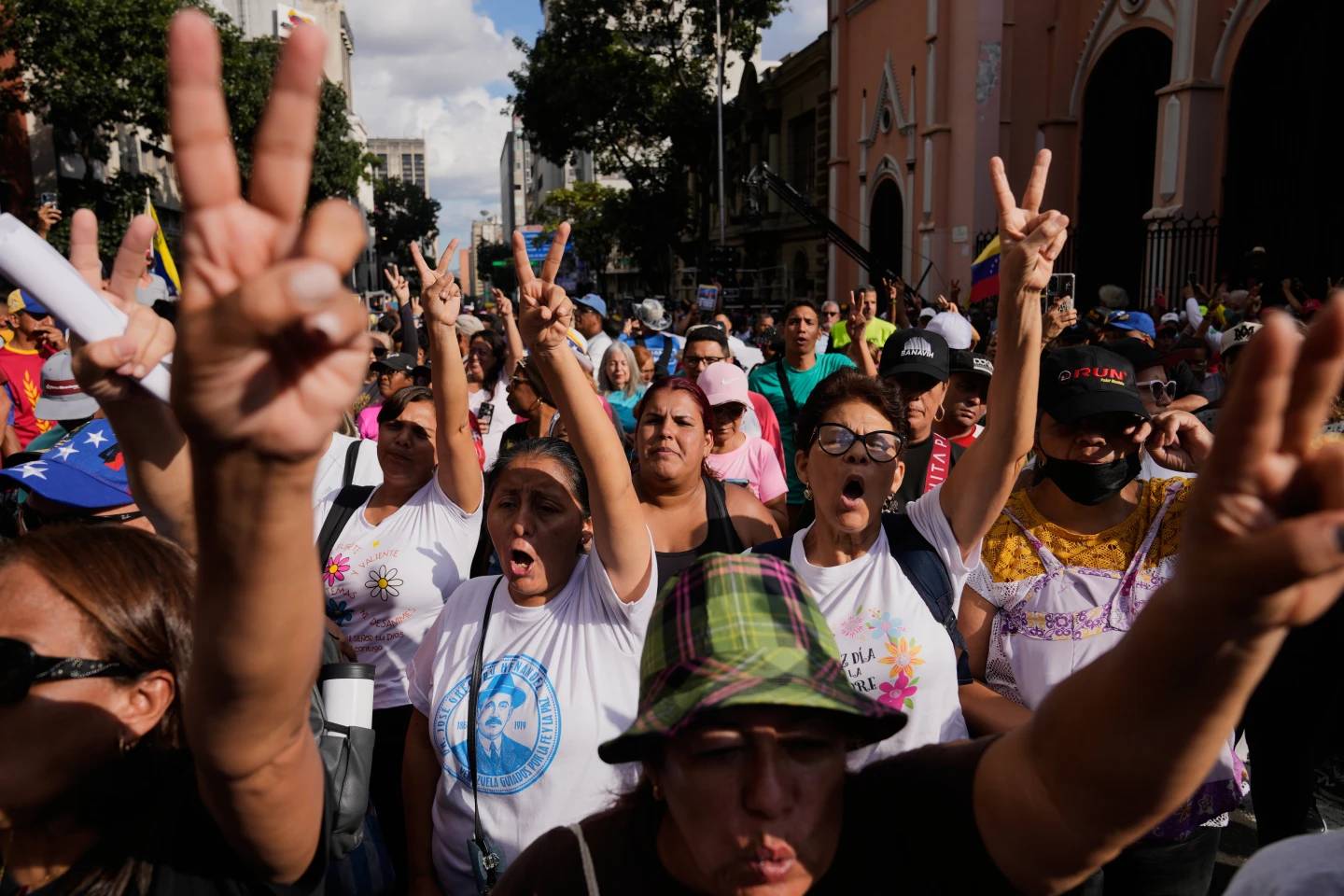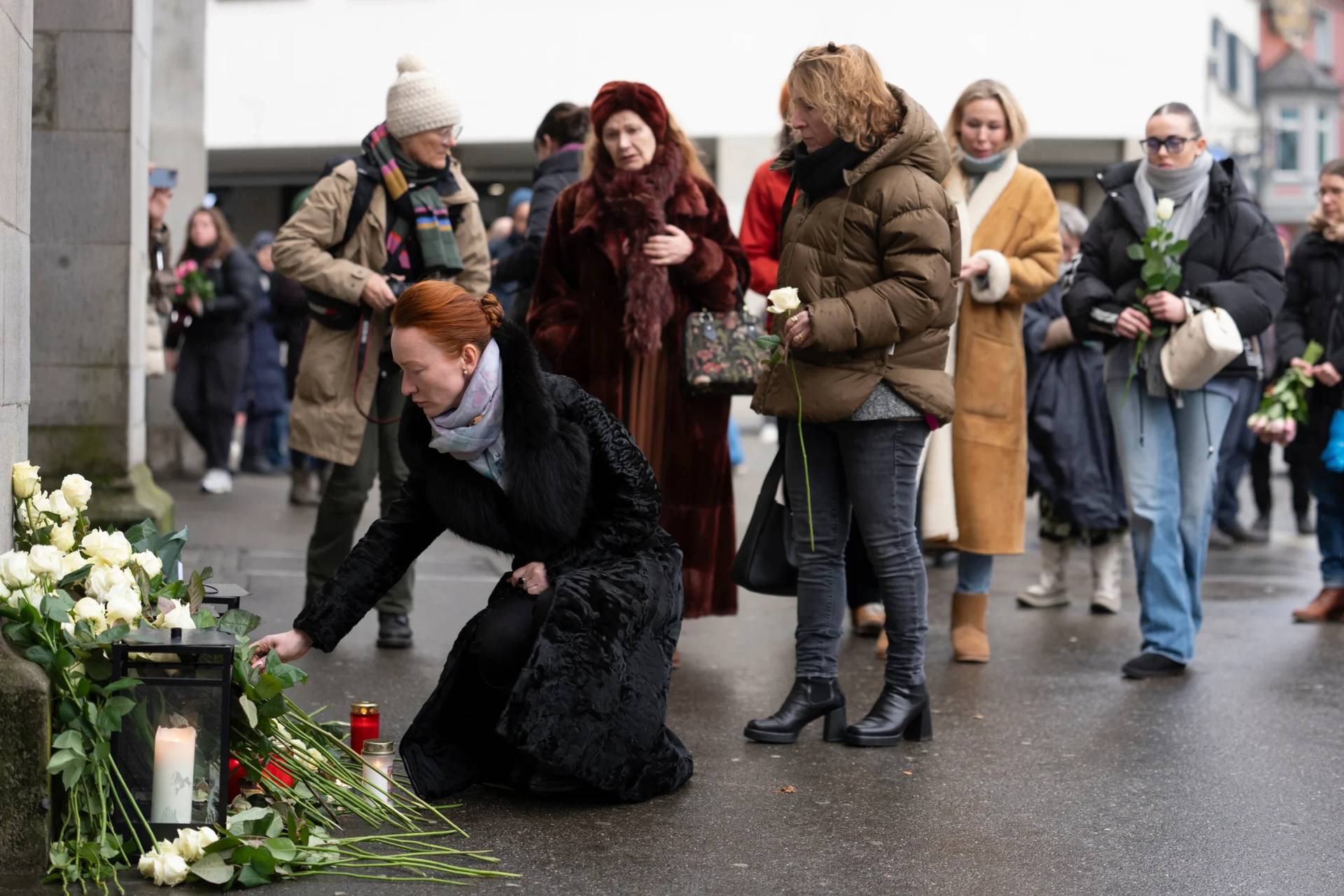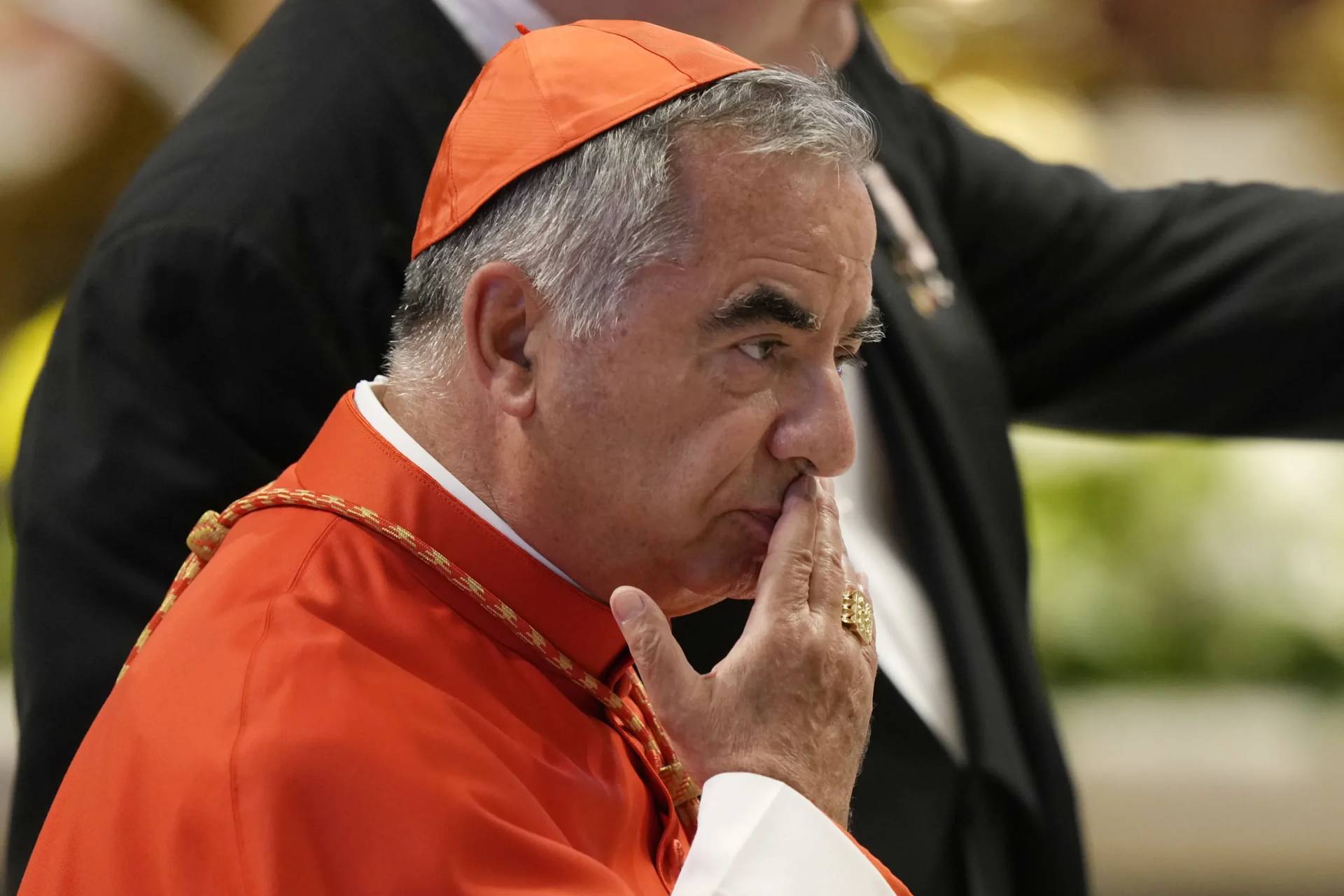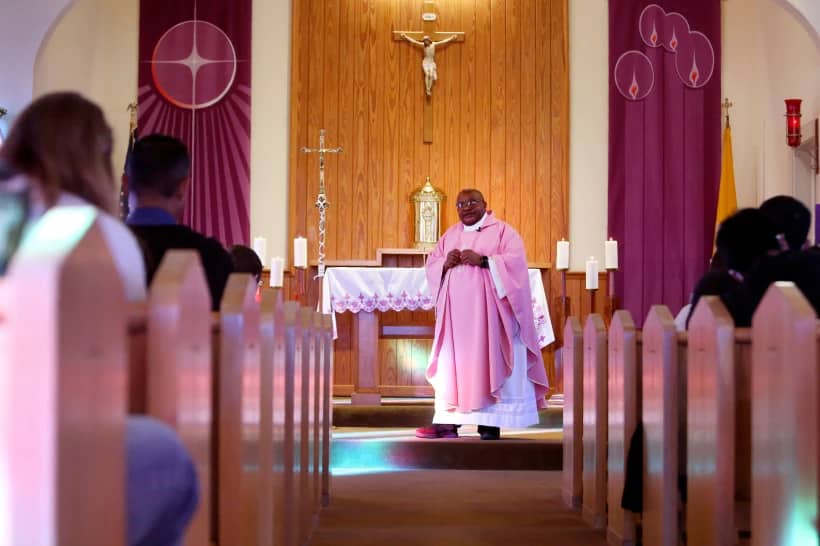OTTAWA, Ontario — The impact of the COVID-19 pandemic on the Catholic Church in Canada will be a key theme of the Canadian Conference of Catholic Bishops when its annual meeting gets underway Sept. 21.
And while the global pandemic has driven the plenary assembly online this year, the move by the church’s leadership to meet and conduct its business virtually is just one of the ways that the pandemic will change the church forever going forward, Archbishop Richard Gagnon, conference president, told Canadian Catholic News.
“The situation with COVID has obviously had a large impact on the church, and we will be definitely be talking about that and about how the church moves forward in these unprecedented times,” Gagnon said in an interview from Winnipeg, Manitoba.
“All the regions in the country are going to give a report on how they have had to deal with the pandemic on their operations and what their experiences have been and how these experiences may be able to help the church move forward as this situation continues, and hopefully, eventually, we get back to a form of a more normal way of doing things,” he said.
But Gagnon said he thinks the new normal for the church across Canada will include offering more and more services online. That was born of necessity of having to close places of worship to parishioners during the height of the pandemic, when Canadian health officials severely curtailed the number of people who could gather together in public. The public health measures effectively shut down all places of worship for a few months, until Catholic churches could open again with limited attendance. That situation remains the new normal for now, with the restrictions on how many people can attend a place of worship depending on the rate of COVID-19 in each province.
“There has always been some level of online presence of the church,” Gagnon said, but now those in the church who may have been hesitant to use modern technology to its fullest can see the possible benefits of offering some services online.
“This technology was used before, but never to the extent that it has been now,” Gagnon said. “I think any of that past opposition to having online services is not there anymore because of the situation and the experience of having to do it.”
But while the merger of the church and modern technology that has been needed to get through the pandemic may have implications for how the church operates in the future, there is still a deep commitment to one-on-one interaction between clergy and their parishioners.
“While we have heard of the positive experiences that going online has offered our churches and parishioners, we have also heard how important in-person gatherings and the personal connection that has for people … how important that is in people’s lives,” Gagnon said.
Unlike in past years, when the bishops gather virtually Sept. 21-25, there will be no keynote speaker and no representatives of Catholic lay organizations.
Lisa Gall, CCCB communications coordinator, said the meeting’s timetable and agenda “were streamlined to focus on the most essential ecclesial and administrative matters for the conference.”
Besides the pandemic, the bishops will discuss national priorities, responsible ministry, pastoral care of Indigenous peoples, government initiatives and ongoing changes within Development and Peace, the church’s international charitable agency.
Gagnon said the bishops will meeting two hours each day. Keeping the online discussions to short intervals each day is “an act of mercy,” he joked.
Dryden is Ottawa reporter for Canadian Catholic News.














